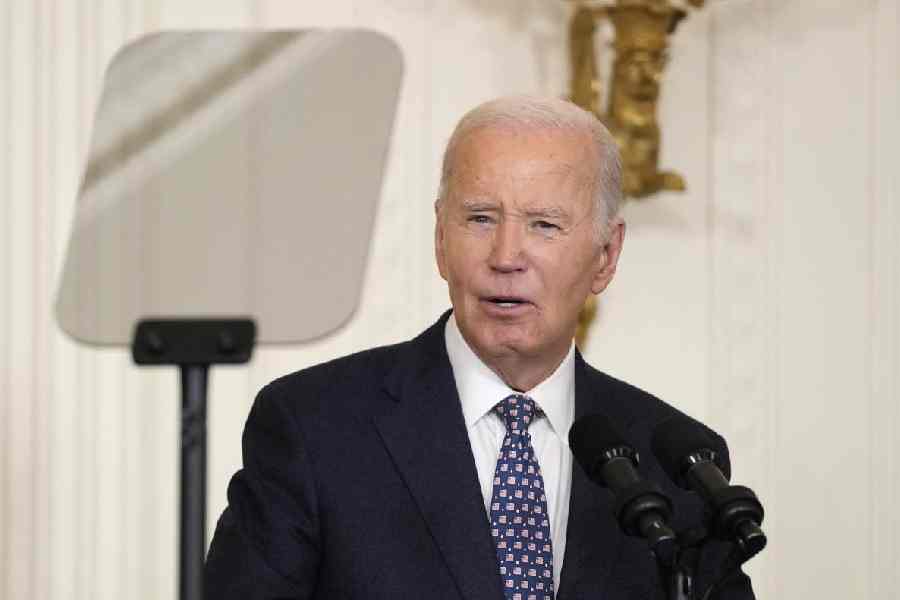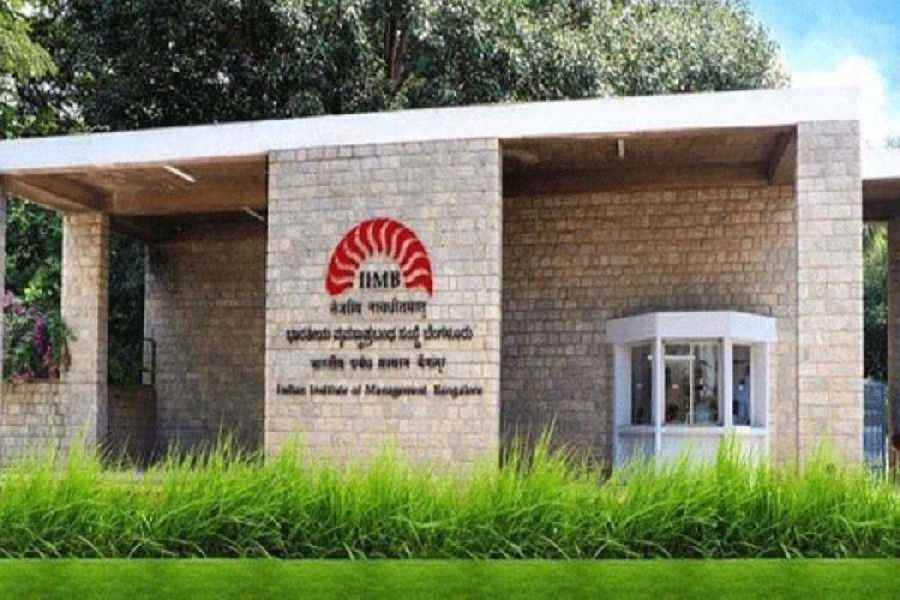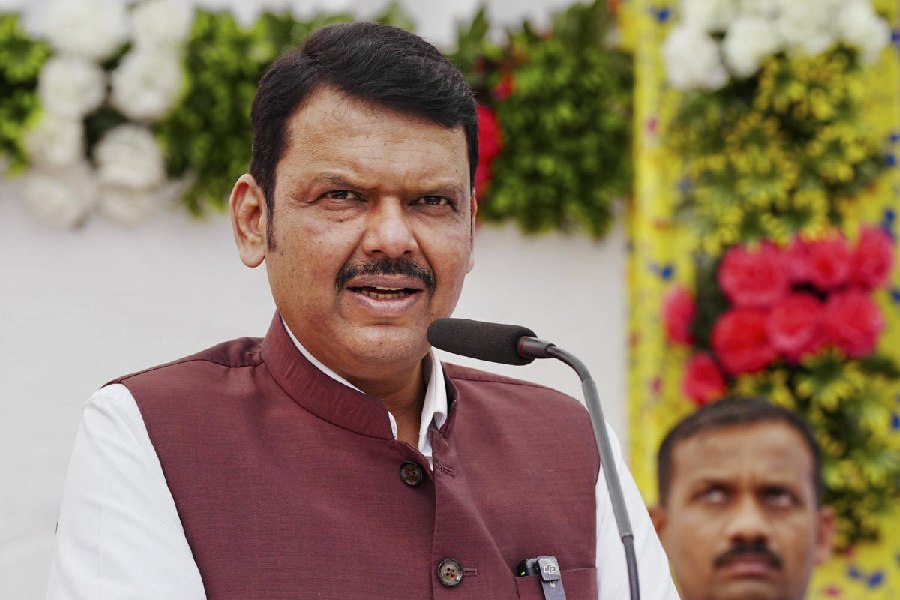A lot has been written about Amjad Khan’s performance in Shatranj Ke Khilari as a counterpoint to the role that has ensured his place in the Indian film history for all time, Gabbar Singh. It provided all the proof that anyone needed of the star’s repertoire. It says something about Amjad Khan as an actor that Satyajit Ray zeroed in on him, despite his initial misgivings. Ray was nothing if not finicky when it came to casting. And this was a character Ray had expanded specifically for the film, so a lot was riding on it.
From the sadistic dacoit in the ravines to the ineffectual nawab of Awadh, from the menacing baritone of ‘Kitne aadmi thay’ to the tremulous rendition of, in his own voice, Tarap tarap sagri raen, from the blood-curdling laughter of Gabbar Singh to the sublime grace of Lord Krishna in a raas performance, no two performances in a career could have been more different or more career-defining. And he was not even three films old at the time (discounting his early appearances as a child artist).
The stranglehold of Sholay on Amjad Khan’s career is as undeniable as the importance of Shatranj Ke Khilari in the recognition of his brilliance as a performer (every list of his best performances mentioning one invariably refers to the other). If he could never quite get out of the shadow cast by Sholay, no other film would offer the opportunities that Shatranj Ke Khilari would for the actor in him.
Towards that end, much of Amjad Khan’s career seems like an effort to throw off the shackles of these two classics. Nothing else accounts for the kind of buffoonery and tomfoolery he would indulge in, in a huge number of roles in the 1980s, culminating in the 1991 spoof Ramgarh Ke Sholay, which can be seen as his final attempt to set the ghost of Sholay to rest.
However, away from the impossible heights of Sholay and Shatranj, Amjad Khan proved he was a class act in a number of films which may not have fetched him the laurels he so deserved but which were the better for him having essayed them.
The films with Amitabh Bachchan
Amitabh Bachchan’s larger-than-life hero of the ’70s and ’80s required a villain who could stand up to him. Amjad Khan fit the bill, playing the antagonist in a series of blockbusters starring Bachchan. Though most of these were run-of-the-mill fare that Amjad Khan would do without breaking into a sweat, there are a couple that stand out. One of these was Ramesh Bahl’s Kasme Vaade (1978), in which the star plays the deformed ‘Juda the hunchback’, in a wickedly physical performance he seems to be having a lot of fun with.
At the same time, he was that rare actor who could ‘react’ and help a scene come alive as he would with Bachchan’s drunk monologue in Satte Pe Satta (1982). Watch him simply nod and respond, for close to five minutes, and even offer his cheek for a pappi, as Bachchan elucidates in a happy drunken stupor why his brothers, named after the seven days of the week, do not drink because ‘daru peene se liver kharab hota hai’. The scene is what it is as much for Amjad Khan’s responses.
However, it was as Zohra’s obsessed lover Dilwar in Muqaddar Ka Sikandar (1978), who sees in Sikandar a contender for Zohra’s affection, that Amjad Khan made probably the strongest impact as an antagonist to Bachchan across the films that the two starred in together. As the loud-mouthed and coarse strongman whose bluff hides a romantic heart, Amjad Khan scored over Bachchan’s other co-stars in the film. It is his contribution to and that final confrontation with Bachchan that elevates the film, more than what Vinod Khanna, Raakhee, and even Rekha for that matter, do.
Eventually, Amjad Khan went on to portray Bachchan’s close buddy and even his father in two films in the same year, 1981, Yaarana and Laawaris, demonstrating his willingness to play against type and ability to hold his own against the megastar, even when taking on Bachchan on his turf — comedy — as he did in Yaarana, playing the perfect understated foil to Bachchan’s loud and earthy yokel. He even had a popular song in ‘Bishan chacha’. In Laawaris, he brought rare sensitivity to his anguished role as Bachchan’s father at a time he was playing the villain to the megastar in films like Kaalia, Barsaat Ki Ek Raat and Nastik.
Standing out in a forgettable era: The 1980s
While he was the leading ‘villain’ of the 1980s, he was also looking to go against type. The era didn’t quite offer much scope to do that. Most actors preferred to play safe, and it is commendable that Amjad Khan ventured beyond the comfortable. Unfortunately, most filmmakers of the era didn’t quite know how to handle an actor like him. As such, the films more often than not failed to measure up to what he brought to the film – almost always he was larger than the film.
Consider, for example, Dada. Today, remembered only for its smash-hit Yesudas number Dil ke tukde, it cast Amjad Khan as a killer, Fazlu, who has a change of heart after he comes across a blind girl (Pallavi Joshi). A potboiler typical of the era, the film is watchable only for the gravitas the actor lends his character.
Then there was Josh (1981). Raj N. Sippy had directed Amjad Khan in one of his more memorable villain roles in Inkaar (1977). Among the film’s enduring memories even today is the close-up of a smouldering cigarette followed by his trademark laughter, and then the camera panning from the cigarette held between his lips to his mouth. Equally telling is the way the filmmaker underlines his menace through the simple act of having him rub his shoe against his trousers.
Sippy’s follow-up to Inkaar was the rather tame and strange Josh, a forgettable ’80s outing whose only saving grace are Amjad Khan and Deven Verma playing a reporter and photographer, Akbar and Birbal, who speak to each other in verse, or as he puts it in the film, ‘surili guftugu’. (There was of course Vidya Sinha too, and for those enamoured of the actress in the Basu Chatterjee films, Josh offered her in an unlikely avatar.) The film, like many others to follow in the decade, showcased the actor’s flair for the comic.
As did Zafar Hai’s A Perfect Murder (1988), an Ivory-Merchant production that adapted H.R.F Keating’s 1964 novel involving the adventures of Inspector Ghote (Naseeruddin Shah). Playing Lala Heera Lala, a businessman with underworld links, who has a penchant for rhyming English words (‘paid for shaid for’, ‘lunches punches’, ‘policeman foolishman’), this broadly comic performance has him spout, with a face as straight as only he could, lines like ‘…they have violated my fortress with their knives, their guns, their pistols, their clubs to strike at the innermost middle of my heart… I will crush the lying fornicating devils, blot them out, squeeze them into powder, crumble them into dust of dust’.
In between there were the south films of the decade (Himmatwala, Singhasan, Paataal Bhairavi, Maqsad and others) which cast him as a buffoon in grotesque make-up. It was as if Amjad Khan was desperate to shrug the ghost of Gabbar Singh off his shoulders.
The comic roles
It was with two films releasing in 1980 and 1981 that Amjad Khan broke the mould and set himself up as a first-rate character and comic actor. Feroz Khan’s Qurbani (1980) not only ushered in the disco era with Aap jaisa koi, in the process making an icon of Nazia Hassan and emerging as the biggest hit of the year, it also gave Amjad Khan a makeover from his Gabbar Singh image. As the suave, gum-chewing, wisecracking police officer who even has a go at the drums in the chartbusting Laila main Laila, Amjad Khan has a memorable entry with the now-iconic line: ‘Mera naam Khan hai, Amjad Khan’, which he follows up with the uber-cool: ‘Is pistol mein teen goliyan hain, kitni khaoge?’
As the simpleton Haryanvi constable Sher Singh who makes a hash of capturing the eloping ‘lurka lurki’ (Kumar Gaurav and Vijayta Pandit), Amjad Khan is a hoot in Love Story. He makes an essentially caricaturish and somewhat silly role hugely enjoyable with his impeccable comic timing. Watching him being made a fool of and leading a buffalo tied to a rope to the police station imagining it to be the two fleeing lovers, all the while imagining his rise to the highest ranks of the police, is one of the few things that remains enjoyable in a film that looks creaky and dated in almost all other respects.
While a filmmaker like Gulzar tapped into the understated comic in him in Lekin, films like Peechha Karro and Chameli Ki Shaadi demonstrated his penchant for broad comedy. In Lekin, he plays Shafi Ahmed Siddiqui (watching him pronounce his name, ‘badey qaaf se… qaaf, qaaf’ is to be in the presence of a master), the collector of the Rajasthan town the hero, Sameer (Vinod Khanna), arrives at. Just watch the scene introducing him in Lekin as he tells Vinod Khanna, ‘Rahne dijiye, hukum, coolie utha lega… main yahan coolie ki naukri karta hoon, do waqt roti mil jaati hai.’ And then pull Sameer’s leg about his wife’s health. In another sequence of pure delight, he spars mischievously with Vinod Khanna over the phone:
Shafi Ahmed Siddiqui: Sameer, kya kar rahein thay? (What were you up to?)
Sameer: Naha raha tha. (Was having a bath.)
Shafi Ahmed Siddiqui: Nange? (Naked?)
Sameer is flustered: Tum kya suit pehenke nahate ho? (Do you bathe with your suit on?)
And then comes the punchline, as he hands over the speaker to his wife: Achha, Sameer, kapde pahan le, Bhabhi se baat karni hai (Okay, now put on some clothes, your Bhabhi is on the line).
The sequence depends on the actor’s ability to convey its wit and playfulness, and there’s not a false note in Amjad Khan.
One of the many pleasures of the breezy Pankaj Parashar caper Peechha Karro (1986) – much before the director lost his way with insipid outings like Chaalbaaz and Rajkumar, he helmed the zany Jalwa, Ab Aayega Mazaa and Peechha Karro – is the surreal experience of watching Amjad Khan mouth the line ‘Kutte ko billi ka salaam’, a code of sorts, following it up with a ‘meow’ to which his quarry responds with a bark. This, when he is not breaking into a classical dance in the middle of a fight.
Girish Karnad’s big-budget misfire Utsav offered Amjad Khan a role to dig his teeth into as the author of the Kamasutra, Vatsayana, as also the sutradhar of the film, bringing the house down with his lessons on erotica. He not only elevates what could have degenerated into the lewd and the crass (just watch him lamenting the failure to find a new ‘asan’ or lecturing sex workers on the art of lovemaking) into a winning display but also makes it immensely entertaining to watch.
In one of his last performances, in Kalpana Lajmi’s Rudaali (1993) — the film released after his passing and is dedicated to him — he plays a zamindar on his deathbed who is curious about the response his death will evoke in those he leaves behind. For millions of his admirers, the magic endures even 30 years later.
(Shantanu Ray Chaudhuri is a film and music buff, editor, publisher, film critic and writer)










